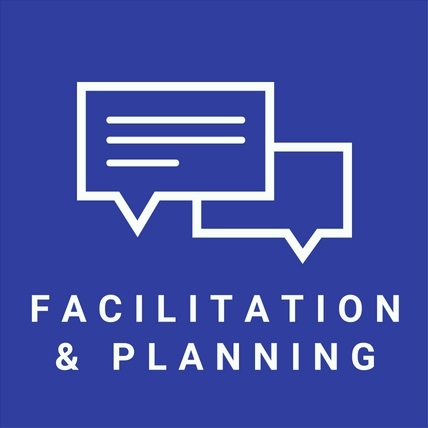Projects
CCBR typically has 15-20 ongoing projects and has completed over 450 projects since 1982. Each project is guided by our commitment to impacting social change in practical and powerful ways. We conduct research with people not on people, cultivating respect with communities at every step of the process.
Projects can be searched for using words from the project title or using the service area, theme, or date range for the project. You can also type 'Service Area' or 'Theme' into the search bar to get a list of options in each of these fields.
Projects
CCBR conducted three community consultations for the United Way Greater Simcoe County (UWGSC) focused on community impacts and outcomes.
CCBR performed an evaluation in order to understand and describe the operation of Peer Health Worker Program, designed to employ people with lived experiences of homelessness. The evaluation sought to identify the factors that facilitated and impeded the project's success, and it suggested further recommendations. The evaluation was funded by Kitchener Downtown Community Health Centre.
CCBR compiled system level data on patient flow and access and developed an evaluation of the model of care for The North and East GTA Stroke Team at Sunnybrook Health Sciences Centre. The goal was to mobilize new knowledge on innovative practice to inform stroke care across the province and LIHN planning.
The main purpose of the research was to better understand the impact of alleged hate motivated crimes on the community as a whole. The study focused on particular communities impacted by particular hate incidents and was not an attempt to examine the public opinion regarding hate crime in general. This research was funded by the Department of Justice Canada.
CCBR conducted a formative evaluation of this 4-year pilot program which supported youth to improve their academic achievement and to successfully navigate the transition to post-secondary education. The evaluation focused on the program’s accomplishments and came up with recommendation for the future of the program and its potential for replicability. The evaluation was funded by United Way Toronto.
CCBR developed of a logic model for the Family Education Program in London-Middlesex. This project was funded by Canadian Mental Health Association (CMHA).
CCBR provided process and outcome evaluation support for a national project called Get Busy. This program was designed to teach about youth mentoring, healthy eating, and physical exercise. The evaluation was funded by the Boys and Girls Club of Canada.
An online survey was constructed, and an analysis done of a cultural community survey for organizations connected to Piedmont Behavioural Healthcare in North Carolina. This study was funded by WLT Consulting.
An online survey was constructed, and analysis of organizational change was undertaken regarding recovery practices in six mental health agencies in Pittsburgh, PA and three mental health agencies in Philadelphia, PA. This study was funded by WLT Consulting.
CCBR conducted a program evaluation for the Macaulay Child Development Centre’s More Than a Haircut: The Barbershop Project. All stakeholder perspectives were included: participants, facilitators, barbers, and agency staff.
CCBR completed an evaluation of Action for Neighbourhood Change, a neighbourhood-based community development project serving a number of neighborhoods throughout Toronto. The evaluation was funded by United Way of Greater Toronto.
CCBR worked with the Canadian Association for Community Living and Community Inclusion provincial partners to design and implement systems level evaluations in five priority areas (e.g., inclusive education, family & disability supports, etc.). This was part of an ongoing national initiative of systems change and inclusion of people with intellectual disabilities.












